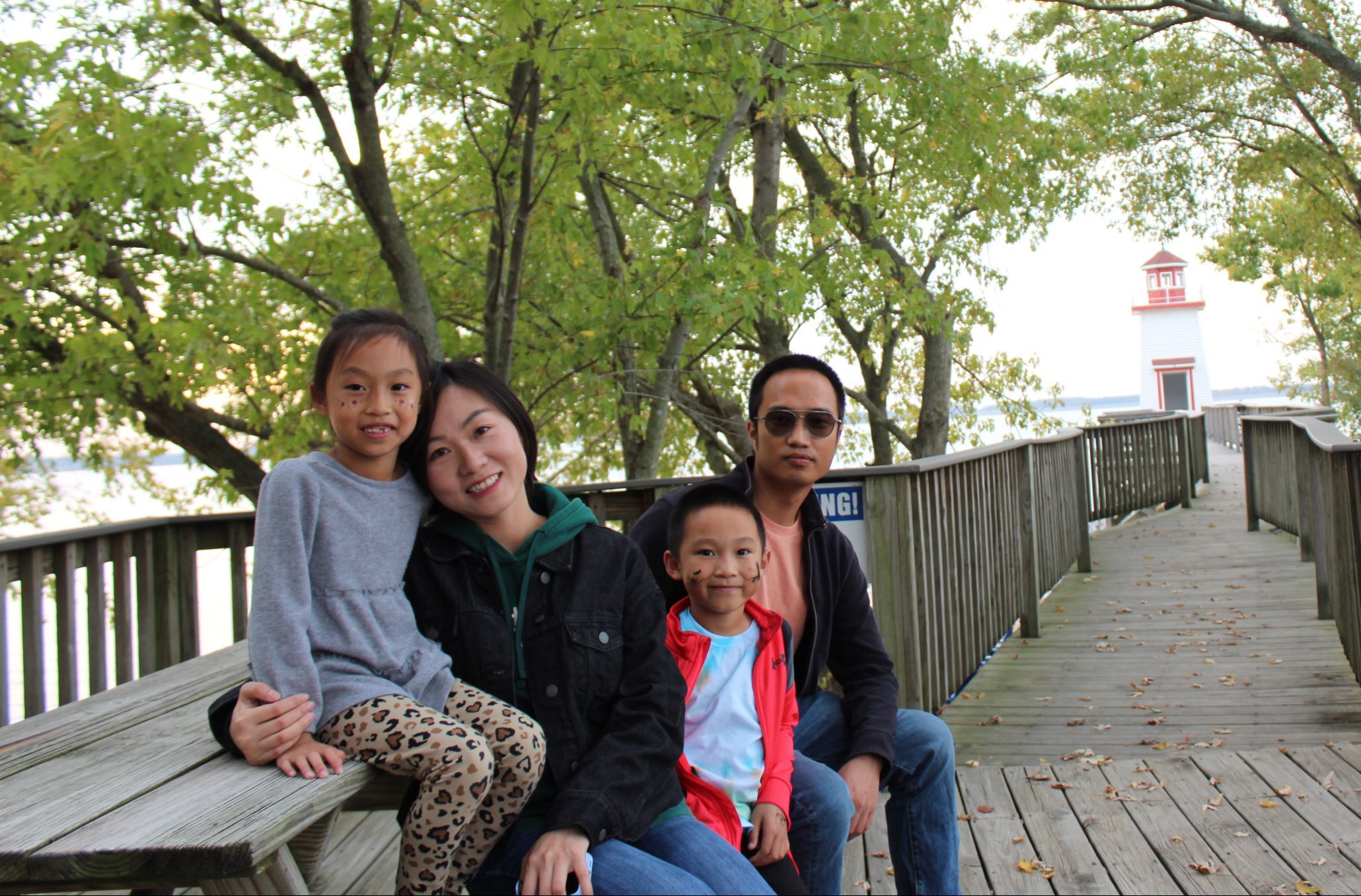Each individual survivor has a different definition of what justice means to them. Kaleidoscopic justice is a framework for understanding how “justice” is not just something that happens to perpetrators in the legal system, but an ever changing and multi-faceted, lived experience of survivors.
Kaleidoscopic justice is justice as a constantly shifting pattern; an ever-evolving, lived experience.
Justice is far more than a conviction in the conventional criminal justice system. Justice is constantly refracted through new circumstances, experiences and understandings. Justice is not linear, but has multiple beginnings and possible endings. Justice is complex, nuanced and a difficult to determine feeling. Justice is a lived, on-going and ever-evolving process, rather than an ending or result.
The kaleidoscopic justice framework includes six areas of focus. If you have experienced sexual violence, you can explore what justice means to you through the questions below.

CONSEQUENCES AS JUSTICE
Consequences may be within the legal system (guilty verdict, imprisonment) or outside of it (offender’s admission and/or exposure of wrongdoing, counseling for harm doer) .
Ask yourself:
- If you could choose, what consequences would the person who harmed you have for their actions?
- If you could decide, what would you change about the process?

VOICE AS JUSTICE
Freedom to talk openly and honestly about what happened to yourself (being consulted and listened to during legal proceedings, confronting the person who harmed you, having space to ask why).
Ask yourself:
- What do you need to talk openly and honestly about what happened to you?
- Who do you need or want to talk with?

RECOGNITION AS JUSTICE
Recognition moves beyond being believed and rests on an acknowledgement of the impact of the harm from not only the offender of harm but also the community (family, friends, and culture at large).
Ask yourself:
- What do you want the person who harmed you to understand about how their actions have impacted you?’
- What is important for your family, friends, to see?

DIGNITY AS JUSTICE
Dignity is a layer beyond recognition that manifests through the simple act of care for a survivor’s time and experience (survivor has information needed, treated as person rather than a case, followed up with, and treated respectfully).
Ask yourself:
- What would make you feel empowered?
- What makes you feel you have things under control?

PREVENTION AS JUSTICE
Stopping violence before it happens- changing our society to recognize the impact and harm of sexual violence, addressing the root causes, providing education and rehabilitation rather than incarceration.
Ask yourself:
- What do you wish you would have known?
- What resources were not available to you until after?

CONNECTEDNESS AS JUSTICE
Helping to make victims of sexual violence whole again, connectedness relies on a social landscape that uplifts and supports survivors (material and practical support).
Ask yourself:
- How have others shown their support?
- What meaningful relationships have impacted the process?







